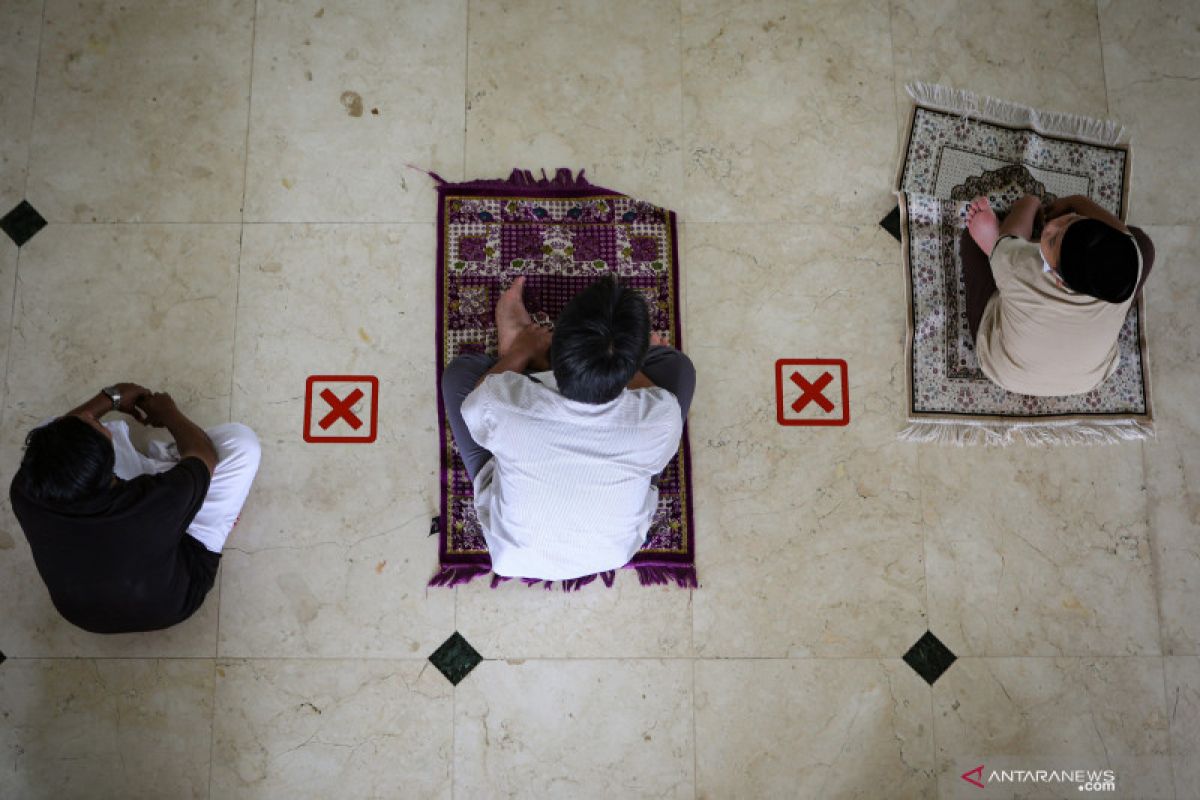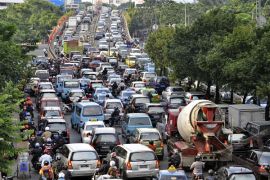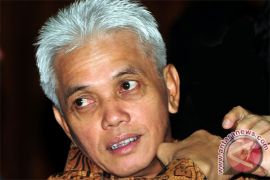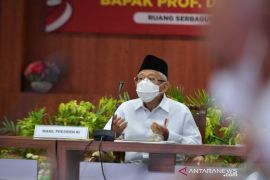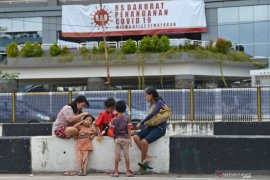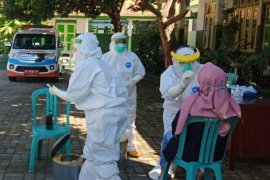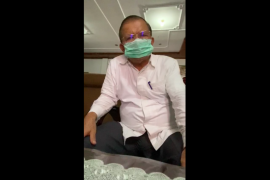The country has seen a record rise in daily COVID-19 cases for two consecutive days — it recorded 9,321 cases on January 7, 2021 and 10,617 on January 8. This has brought the total case tally to 808,340. Meanwhile, total recoveries have touched 666,883, while the death toll has reached 23,753.
Several other countries have also declared fresh lockdown in cities such as London, Beijing, Tokyo, Quebec, and Bangkok, to curb coronavirus transmission.
Coordinating Minister for Economic Affairs, Airlangga Hartarto, informed the press about the restrictions following a limited cabinet meeting on COVID-19 handling and immunization, led by President Joko Widodo (Jokowi) in Jakarta on January 6, 2021.
The restrictions will be fully tightened in Jakarta and its adjoining areas, including Bogor City, Bogor district, Depok, Bekasi City, and Bekasi’s districts, the minister affirmed.
In Banten province, restrictions will be tightened in Tangerang City, Tangerang district, South Tangerang, and Tangerang Raya.
In West Java province, stricter measures will be imposed in Bandung, West Bandung district, and Cimahi district, in addition to Bogor and Bekasi, which are suburban areas of Jakarta.
In Central Java, restrictions will be tightened in Semarang Raya, Solo Raya, and Banyumas Raya. The new measures will also be imposed in Gunung Kidul district, Sleman district, and Kulon Progo in Yogyakarta.
Tighter restrictions will be applied in Malang Raya and Surabaya Raya in East Java. Moreover, restrictions will be tightened in Denpasar City and Badung district in Bali.
Related news: PPKM to lower COVID-19 cases by 20 percent: Task Force
Related news: Jakarta and 23 districts, cities to face tighter COVID-19 restrictions
The measures have been adopted as the regions have met the four restriction parameters — a death rate above the national average mortality rate of three percent; a recovery rate below the national average cure rate of 82 percent; an active case rate below the national active case rate of around 14 percent; and, an above 70 percent occupancy rate in hospital ICUs and isolation rooms.
The measures comprise restrictions on working in office and the implementation of work-from-home advisories by as much as 75 percent, under the observance of stringent health protocols.
All teaching and learning activities will be entirely conducted online.
Essential sectors related to basic needs have been permitted to fully operate by regulating operating hours and capacities and applying strict health protocols.
Shopping centers and malls have been allowed to operate until 7 p.m. local time.
Places of worship have been allowed to remain open, but asked to restrict entry to visitors to 50 percent of capacity and under the implementation of strict health protocols.
Public facilities and social as well as cultural activities have been suspended.
Restaurants have been allowed to operate with a maximum seating capacity of 25 percent for dine-in customers. Takeaways or delivery orders have been permitted.
Construction activities have been fully permitted under the implementation of stringent health protocols.
The capacity and operating hours of transportation modes have also been regulated.
Personnel from the civil service police (Satpol PP), military, and police officers will be deployed to to monitor the implementation of health protocols, including wearing of masks, physical distancing, and hand washing, at public places.
To support the reactivated restrictions, President Joko Widodo (Jokowi) has urged provincial governors to reinstate health protocols and sought stringent public discipline in implementing them.
He called for all-out efforts to implement the health protocols as survey results have shown a decline in motivation among people in implementing health protocols.
The President will be administered China's Sinovac vaccine a day or two after the Food and Drug Supervisory Agency (BPOM) issues an emergency-use authorization for the vaccine. A nationwide vaccination program is expected to be symbolically launched on January 13, 2021.
So far, three million doses of the COVID-19 vaccine manufactured by China’s Sinovac Biotech have arrived in Indonesia in two batches — 1.2 million doses arrived on December 6, 2020, and 1.8 million doses on December 31, 2020. They have been distributed to various regions in Indonesia, starting January 3, 2021.
Earlier, Indonesia decided to temporarily close its borders for a fortnight from January 1, 2021 to prevent the entry of foreign nationals in view of the spread of a new coronavirus strain in some parts of the world.
However, high-ranking foreign officials and representatives (ministers or above) from foreign countries have been excluded from the regulation on account of tight health protocols during official visits.
"[We are] Temporarily closing Indonesian borders, from January 1 to 14 of 2021, for foreign nationals from all countries," Minister of Foreign Affairs, Retno Marsudi, announced at an online media conference late in December last year.
The Indonesian authorities have been fighting the pandemic round the clock since the government announced the country's first two confirmed cases on March 2, 2020.
On May 6, 2020, President Jokowi told his ministers during a limited cabinet meeting to flatten the COVID-19 curve by taking any necessary efforts.
"This May, we must achieve our target, notably to flatten the curve, and it (the COVID-19 cases) should be in a moderate position in June, and a mild position in July, by any means," Jokowi directed.
On May 6, 2020, Indonesia’s daily caseload was at 367 and the total infection tally stood at 12,436 cases. However, on January 8, 2021, the daily cases surged by 10,617, while the total tally jumped to 808,340 cases.
Instead of flattening, the COVID-19 curve has been rising as the public has not been disciplined enough in applying the health protocols, officials have said.
Doni Monardo, head of the Task Force for COVID-19 Handling, has begged Indonesians to follow health protocols, stay at home, and avoid crowds, saying the country's healthcare workers and hospital facilities are limited.
The number of frontline healthcare workers who have died in the fight against COVID-19 crossed 500, including 52 doctors, in December, 2020 alone.
This has prompted the authorities to urge people to save themselves in order to save others from COVID-19 by strictly following health protocols and staying at home.
Related news: Indonesia set to commence mass vaccination; Jokowi to get first jab
Related news: Regions to obtain 29.55 million COVID-19 vaccine doses until March
Editor: Sri Haryati
Copyright © ANTARA 2021
